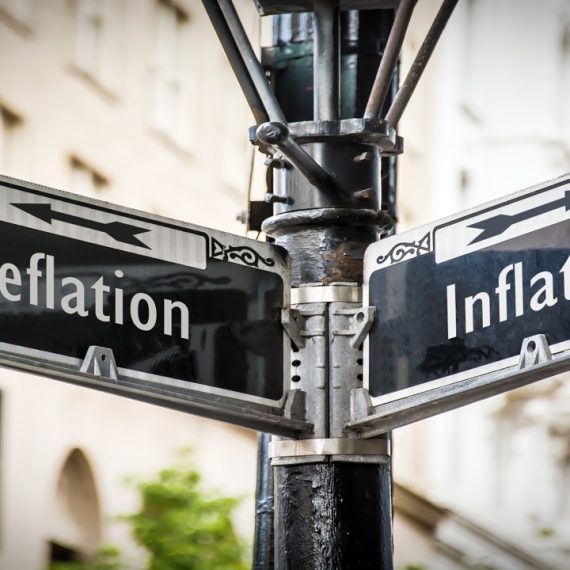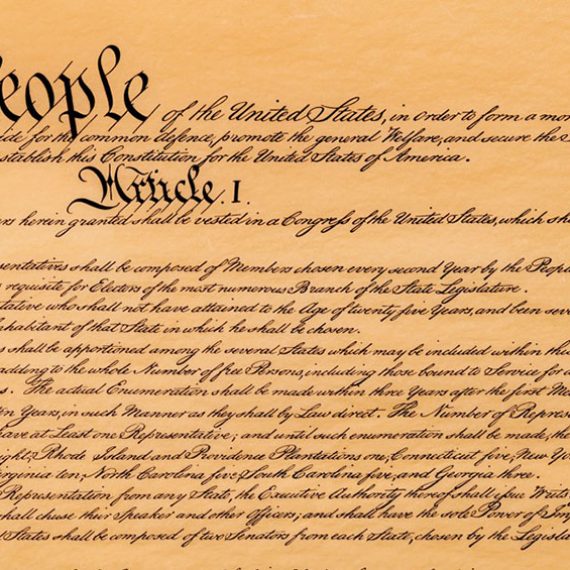February 20, 2002 – In just a few weeks the Bank of England will conclude the bi-monthly gold sales that it began in 1999. I’ve been thinking a lot about this forthcoming last sale, which is due next month. And I’ve been asking myself, what do the central banks have planned now? What will be their next scheme to keep the gold price from exploding upward?
I’ve only been able to come up with two answers to this question. And I’ve ruled out one of these.
First, the central banks could again threaten the dishoarding of gold by the IMF. But I discard this possibility as unrealistic. The IMF card has been played too many times before, so most everybody will see through it as just another hollow ploy to talk down the gold price.
What’s more, the central bankers already had their hands burned by this ploy. While Robert Rubin was still US Treasury Secretary, an unlikely coalition within Congress representing both sides of the political spectrum came together to block the attempt back then to liquidate some of the IMF’s gold. So I don’t think the central banks will be playing the IMF card anytime soon.
Consequently, I have been giving greater thought and consideration to the second scheme. It is that some central bank announces that it will sell gold, just like the Bank of England did, and the Reserve Bank of Australia did before that, and before that there were all of the others who announced their sales, including the Netherlands Central Bank and the Belgian Central Bank. Because of this long line of sales, there are smaller hoards today in central banks than there were ten years ago. So I consider there to be only two logical candidates for a sale – Banca d’Italia and the Bundesbank.
The reason for my selection of these two candidates is very clear. A large central bank with a large hoard of gold would be necessary in order for the announcement to have some impact on the market. And of the large central banks, who hasn’t made any announcement? There are only three – the Germans, Italians and the French.
The French won’t dishoard any of their gold. Any sale would be contrary to their stated policy, so that leaves only the Germans and the Italians. And of these two, which has the greater incentive to sell gold?
Well, no Italian bank is a major player in the bullion market, but Deutschebank, Germany’s largest bank, is a major player. Also, Deutschebank is viewed to be one of the banks with a big short position that is working with the various governments that are manipulating the price of gold. And it is worth noting that Deutschebank is one of the defendants in Reg Howe’s lawsuit. Clearly, the Bundesbank has the incentive to keep the gold price manipulation scheme in place in order to help one of its own, namely, Deutschebank. And so now it has happened.
In an interview with Bloomberg Television, European Central Bank council member Ernst Welteke, who is also the head of the Bundesbank, made the following comment about Germany’s gold reserves.
“We have significant gold reserves in the Bundesbank, and of course we are happy if the gold price rises. That shows that you shouldn’t sell your gold at the wrong time.
At the moment, there is an agreement between the central banks limiting the sale of gold. That is sensible since if we all sold central bank gold we send the gold price plummeting. That wouldn’t be sensible. But I could imagine that we slowly sell some of this gold and reinvest the revenue in assets that pay an interest.
We should in no case sell the gold reserves to pay off federal debt or finance new spending. At best, we should use the interest to reduce the debt.“
This statement, being full of the old canards, is laughable. The Bundesbank is one of the largest lenders of gold in the world, and here is its head saying that gold doesn’t earn interest? And besides, last time I checked these were Germany’s gold reserves, not the Bundesbank’s reserves.
These comments are further lacking in credibility because there is no analysis. For example, over the past year, the value of Germany’s gold reserve in terms of Deutschemarks has risen 21%. Where is Mr Welteke going to invest his proceeds to earn a greater return than that?
Obviously, Mr. Welteke is being driven by some ulterior motive, rather than taking some action of benefit to the German people. If he were motivated by good intentions, he would have provided some good reasons to dishoard gold.
My interpretation of his comment is very bullish for the gold price. Here’s why.
I’ve provided evidence in these letters that about one-half of Germany’s 3,400-tonne gold reserve has been loaned out, and that the other half now sits in West Point, having been swapped for 1,700 tonnes of the US Gold Reserve. The 1,700 tonnes on loan have already been sold into the market by the bullion banks that borrowed that gold – which cannot be sold twice.
It is not unreasonable to assume that most of that gold was probably loaned to Deutschebank. So instead of forcing repayment of those 1,700 tonnes, the Bundesbank is now saying to Deutschebank, Don’t worry, we’ll let you off the hook. Just pay us back with dollars instead of ounces. This announcement by the Bundesbank in my view acknowledges the huge short position in the gold market. Consequently, this announcement represents an important turning point. It is the beginning of the end of central bank manipulation of the gold market.
Back in 1998 the market was jolted when the Reserve Bank of Australia announced that they had dishoarded most of that country’s gold reserve. Then in 1999, the market was jolted again when the Bank of England announced its plans to dishoard more than one-half of the British gold reserve. So comparatively speaking, the response to the Bundesbank announcement was very tepid indeed, with gold dropping only $5 or so. I take that response by the market as evidence that the central banks’ scheme is nearly over. The market is calling the Bundesbank’s bluff, and it is a bluff. So gold is about to resume its uptrend.

 My objective is to share with you my views on gold, which in recent decades has become one of the world’s most misunderstood asset classes. This low level of knowledge about gold creates a wonderful opportunity and competitive edge to everyone who truly understands gold and money.
My objective is to share with you my views on gold, which in recent decades has become one of the world’s most misunderstood asset classes. This low level of knowledge about gold creates a wonderful opportunity and competitive edge to everyone who truly understands gold and money.
